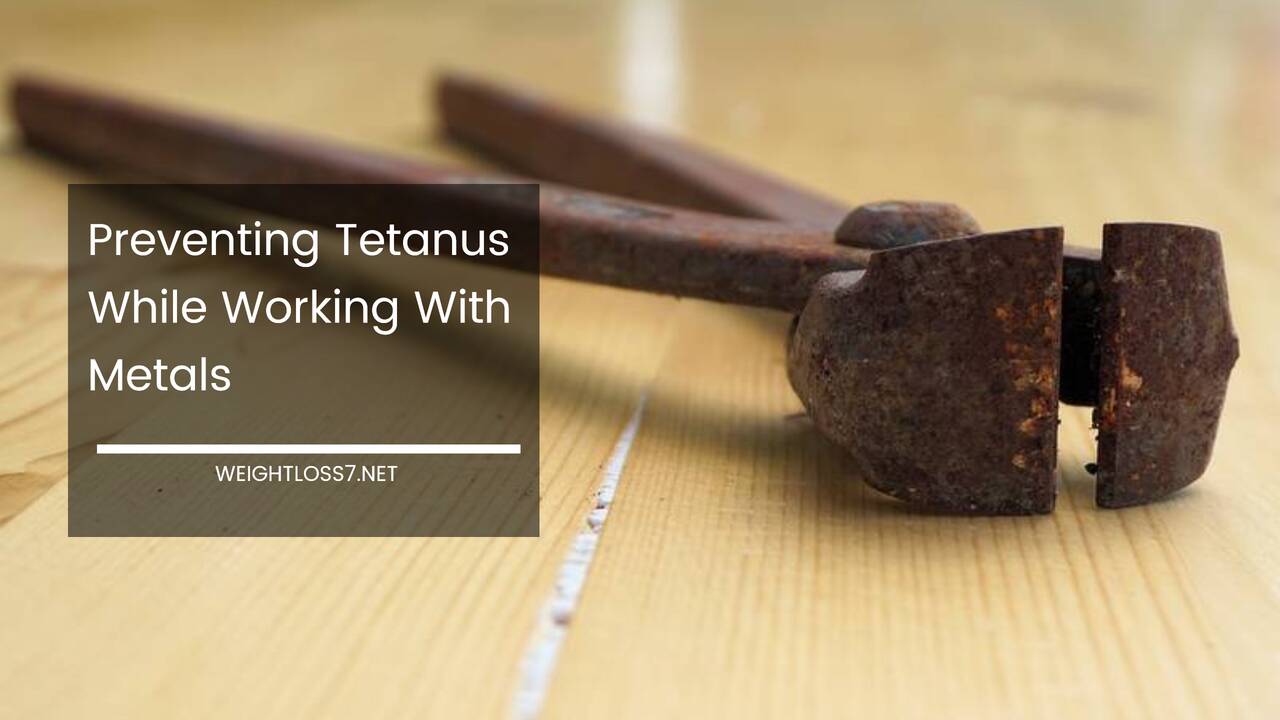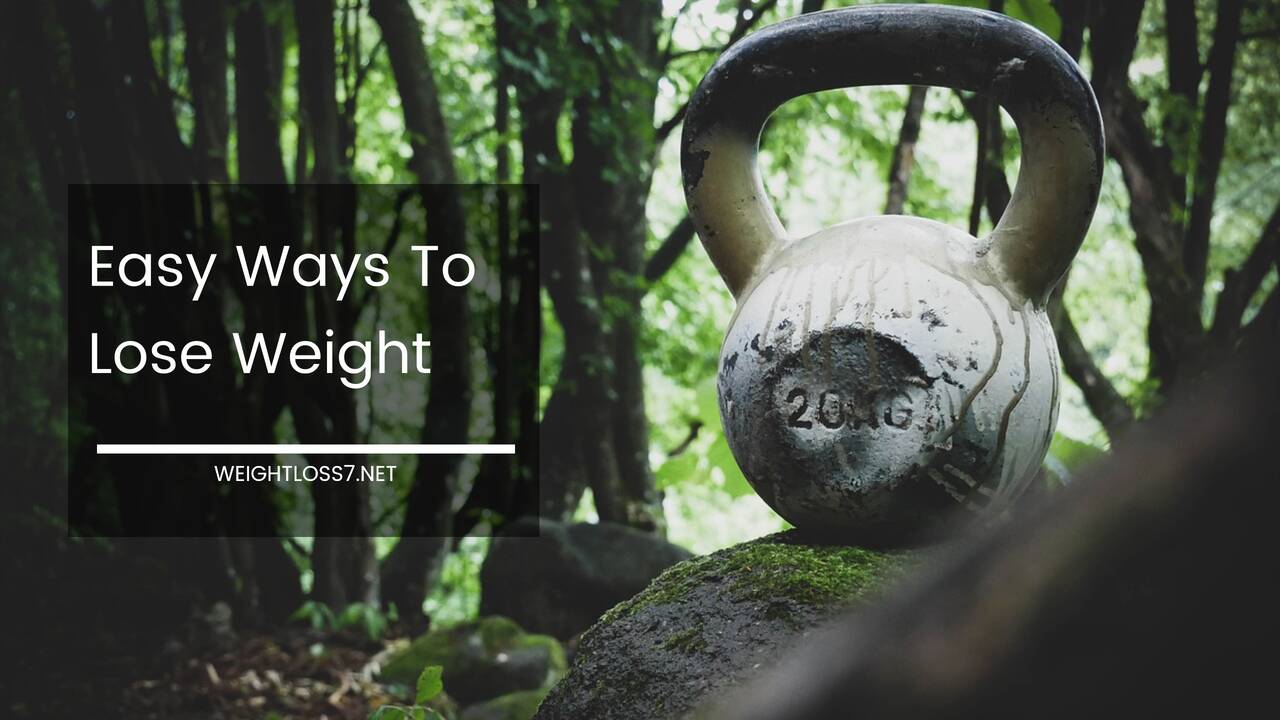Preventing Tetanus While Working With Metals

Whether it’s due to the need for extreme heat, the sharp tools used or the jagged pieces of rusty metal, metalworking can be a dangerous profession.
Most wielders, sculptors and others who regularly deal with metal have been trained to avoid serious injuries, but things still happen.
There are plenty of things that can go wrong when it comes to working with metal, but perhaps the most dreaded is that people can get tetanus from an old rusty nail or jagged scrap metal.
With all things considered, tetanus is fairly easy to avoid, but you should still exercise caution whenever you work with metal in any capacity.
What Is Tetanus?
Tetanus is a bacterial infection that can cause muscle spasms, seizures, difficulty swallowing and difficulty opening the mouth (hence the reason why it is often called “lockjaw”).
Tetanus bacteria is found in soil and usually passes into the body through cuts and puncture wounds. The surface of rusty metal is a prime habitat for the bacteria, which is why contracting the disease is a concern for metalworkers.
Preventing Tetanus
Tetanus can be easily prevented through immunization, or tetanus shots. The first series of vaccines that everyone should receive is called DTaP, or diptheria, tetanus and pertussis.
This is a series of five shots that starts at the age of two and ends when the child is five or six years old. A booster is typically given to preteens around the age of 11 or 12. Additional booster shots are given every ten years.
Vaccination is by far the best way to prevent tetanus. Anybody who has a dirty cut or wound should receive a tetanus shot as soon as possible if they have not received a booster shot in the last five years.
Even if you have a cut that may or may not have been caused by a dirty piece of metal, you should still err on the side of caution and receive a tetanus shot as soon as you can.
Other Precautions
As helpful as vaccination is in preventing tetanus, those who regularly handle rusty metal should still avoid receiving cuts or puncture wounds as they work. Wearing heavy canvas gloves is a great way to protect your hands as you work with metal.
Gloves may not protect you from really sharp metal, but the extra layer of protection will be very helpful.
Heavy work boots should also be worn, as should a heavy canvas apron in case you drop a sharp piece of metal on the front of your clothes. Shorts and short-sleeve shirts should never be worn in a metal workshop.
Injuries can also be easily prevented by keeping a neat work area. If you drop a tiny nail or screw on the floor, find it immediately. You may think it’s a meaningless screw that can easily be replaced, but you don’t want to risk stepping on it later.
You should also never put away knives, saws and other sharp tools in a way that could cut somebody if they reach for them later. Finally, try to avoid working with rusty metal.
This sometimes cannot be avoided, but if you come across severely damaged or rusty pieces, it’s best to set them apart from the rest of your tools and other elements where they can be disposed of properly and safely.

















